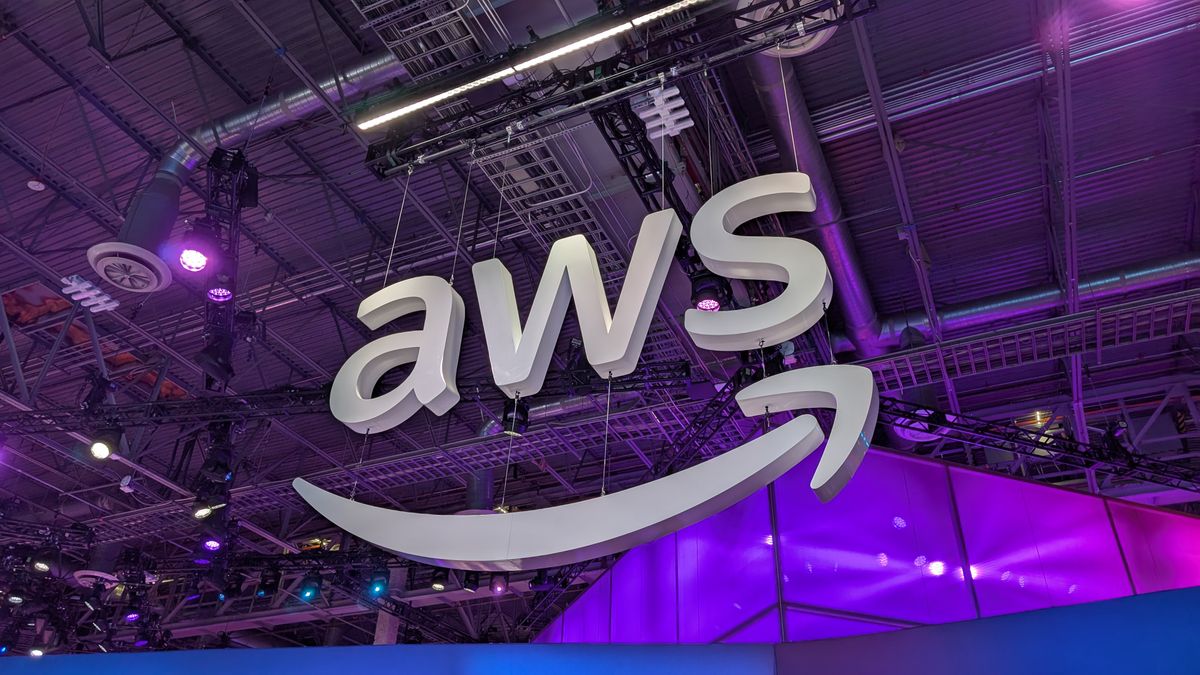Gambling
Hoosiers’ attraction to gambling hitting the ‘video gaming’ generation

Editor’s Note: The following is part of a class project originally initiated in the classroom of Ball State University professor Adam Kuban in fall 2021. Kuban continued the project this spring semester, challenging his students to find sustainability efforts in the Muncie area and pitch their ideas to Ron Wilkins, interim editor of The Star Press, Journal & Courier and Palladium-Item. This semester, stories related to health care are featured.
MUNCIE, Ind. — In 1983, the first Hoosier scratched off the first Hoosier Lottery ticket. More than 40 years later, the legalization of sports gambling in Indiana has ignited a whole new era of gambling and marketing that might need to be examined closely.
Since the legalization in September 2019, the number of sports gamblers in the state has surged annually.
According to a recent survey by Prevention Insights, a center housed within the Indiana University School of Public Health-Bloomington, 89% of adults in Indiana engaged in some form of gambling in 2023, slightly surpassing the national average of 88%.
The impact on Indiana’s revenue stream has been obvious.
In 2023 alone, the state raked in more than $220 million in sports betting handle.
In January 2024, the state saw a monthly record of more than $53 million in revenue, running over the previous record of $50.6 million set in December 2023, according to the Indiana Gaming Commission.
Concerns about the addictive nature of gambling are mounting.
Carrie Langin, a therapist in Fort Wayne, Indiana, points to the accessibility of online gambling as a significant contributing factor to her patients suffering from addiction.
“Online gambling is more accessable to people,” Langin said. “They don’t have to make an effort such as getting into their car, go to a place and interact with others. The cellphone has changed everything.
“Moreover, the anonymity of online gambling exacerbates issues of shame and secrecy, common traits of addiction.”
“I don’t think some people understand the actual amount of work it takes to be an experienced profitable sports bettor,” said Josh Jones, known as “JonesTrendz” on social media, who is a content creator for Playback and sponsored by a company called “Props.Cash” (a tool used for player props bets).
“I’d say some of the highs I get from being an experienced gambler is the feeling of the work and hours of research paying off when a bet wins and also seeing people genuinely happy and knowing I played a major part in that when a bet wins,” Jones said.
The proliferation of sports gambling is evident in the numbers and cultural landscape.
From televised sports networks like ESPN to online platforms, gambling advertisements permeate every facet of media consumption. Even some sports iconic sports figures, such as Michael Jordan, Jerry Rice, Wayne Gretzky, and Pat McAfee, are either sponsors or affiliates of major gambling companies.
“The athletes that you have looked up to, or the actors you have looked up to, are the ones in these commercials,” said Mary Lay, operations director of Prevention Insights and program manager of the Indiana Problem Gambling Awareness Program at IU.
According to iSpot, a leading ad-measurement firm, national sports gambling TV spots increased from $17.6 billion in 2018 to $278.4 billion in 2023. This excludes local TV, websites, social media, billboards, radio and podcasts, underscoring the ubiquitous nature of sports gambling advertising.
Many might see this new income as a positive. However, not everyone is celebrating the increasing acceptance of online sports gambling advertisements happening around the United States.
U.S. Rep. Paul Tonko, D-New York, has concluded the rise in sports gambling ads as a “public health crisis” and introduced legislation known as the SAFE Bet Act to ban such advertisements. Tonko draws parallels to the tobacco ads of the 20th century, arguing for stricter regulations to protect vulnerable populations, especially youth, from the risk of a potential life-long addiction.
One of Lay’s main concerns of the emerging sports gambling surge is the “availability” to the youth.
“The earlier one starts, the greater the risk of addiction,” Lay said.
From Lay’s research, other addictive behaviors such as drinking or drug consumption or gambling dependency can stem from a variety of factors such as genetics and environmental factors.
Lay suggested one unique perspective from her research on gambling and the connection it has to the youth, including her own children. The connection she observed was her children playing video games growing up.
“My kids being so used to playing video games online and making calculated guesses about how something is going to turn out that it becomes more and more familiar,” Lay said.
An example of this is in the video game “Call of Duty” and making guesses and estimations on where the opponents are going to respawn or appear.
“For most people, gambling is entertainment,” Lay said. “As long as you keep it in that category and not wager more than you can afford to wager or more likely to give away, then it can still be fun.”
As the debate over sports gambling continues, one thing remains clear for Lay: the need for specific measures to address its societal impact — from regulatory frameworks to public health interventions.
Lay said one of her main concerns is not people going bankrupt from gambling. It’s that gambling can cause “poor relationships” with family members, close friends and their partners. This strain, she said, could cause depression and anxiety as the people fall deeper into their addiction.
One of the main things Lay would like to address is youth participation in sports gambling since sports betting advertisements are “everywhere” and “right on their phones.”
How to get help with a gambling addiction in Indiana
For treatment options, Indiana offers a hotline number for gambling addiction. Those with a problem may call 800-994-8448 and receive access to community health centers across the state that are funded by the gambling industry. Also, the Indiana Gaming Commission has a voluntary exclusion program for people struggling with gambling.










